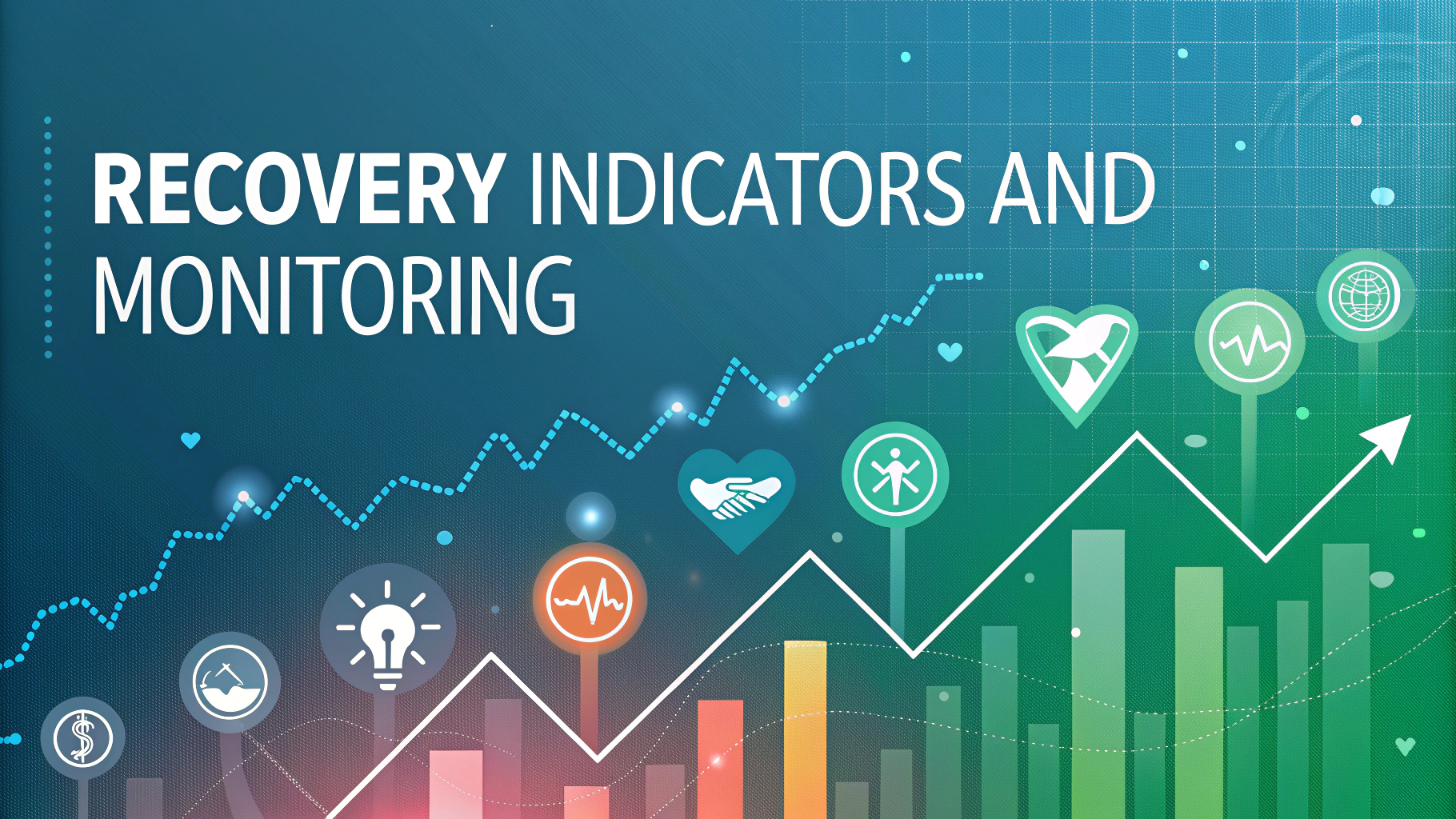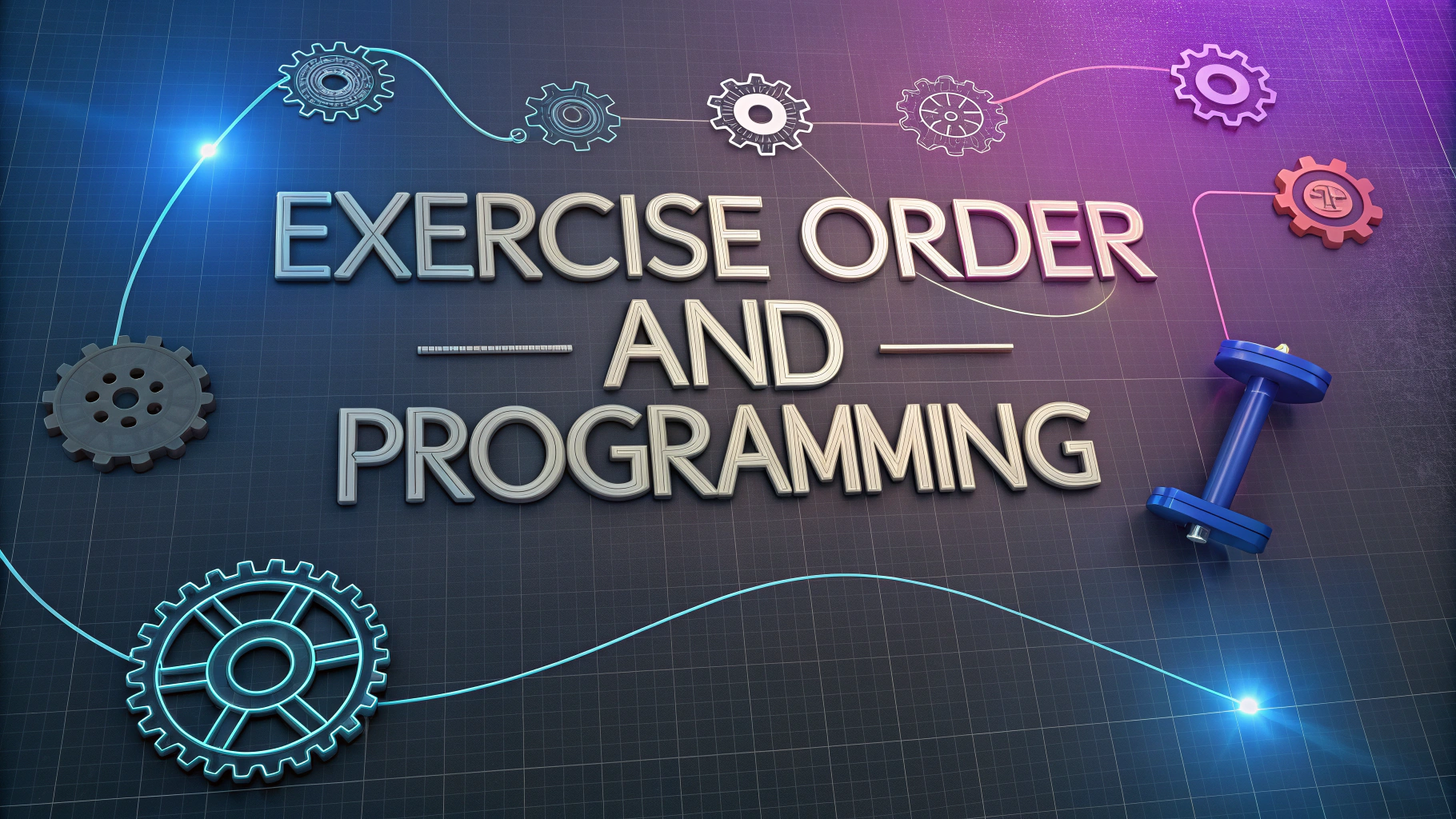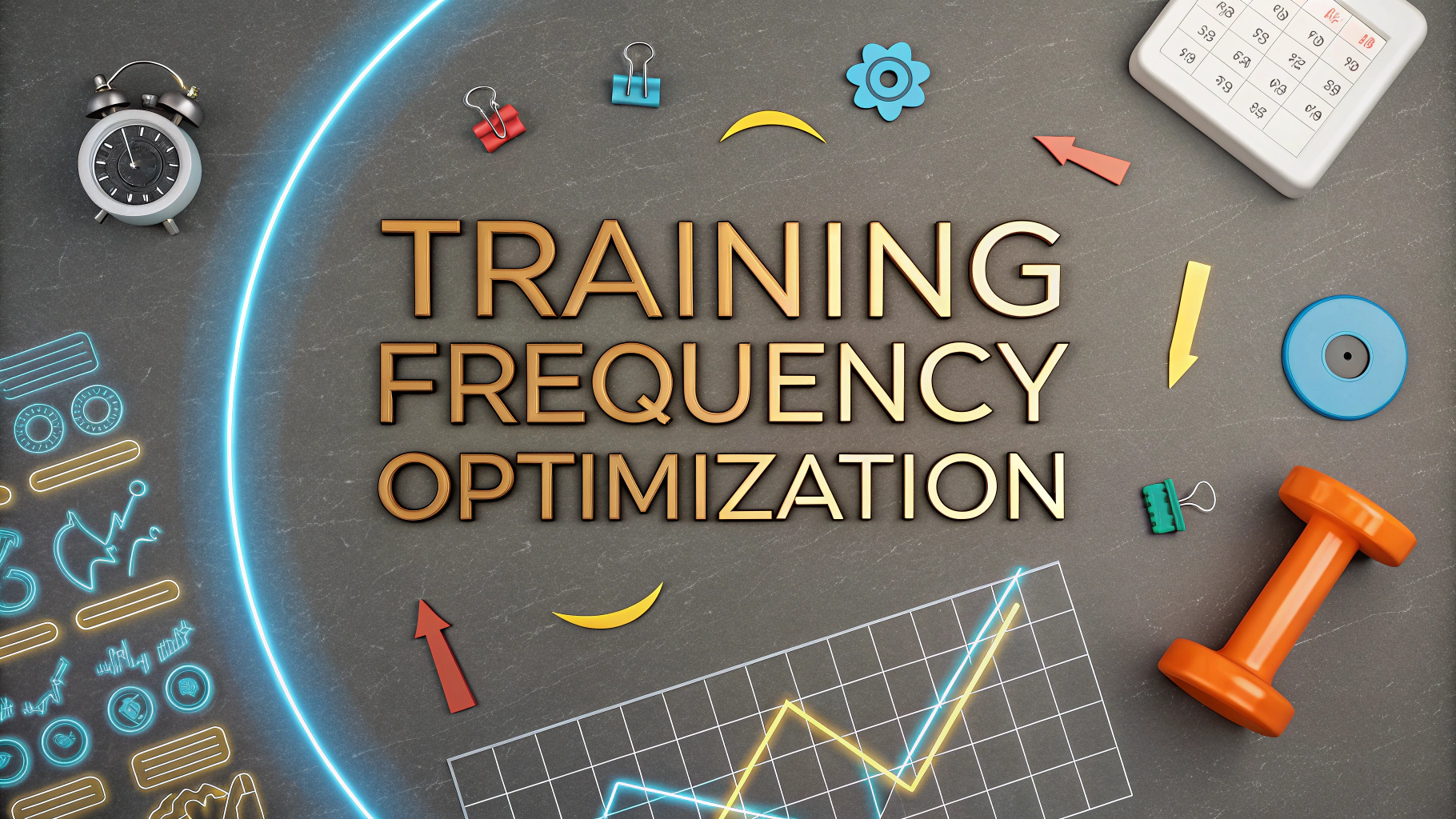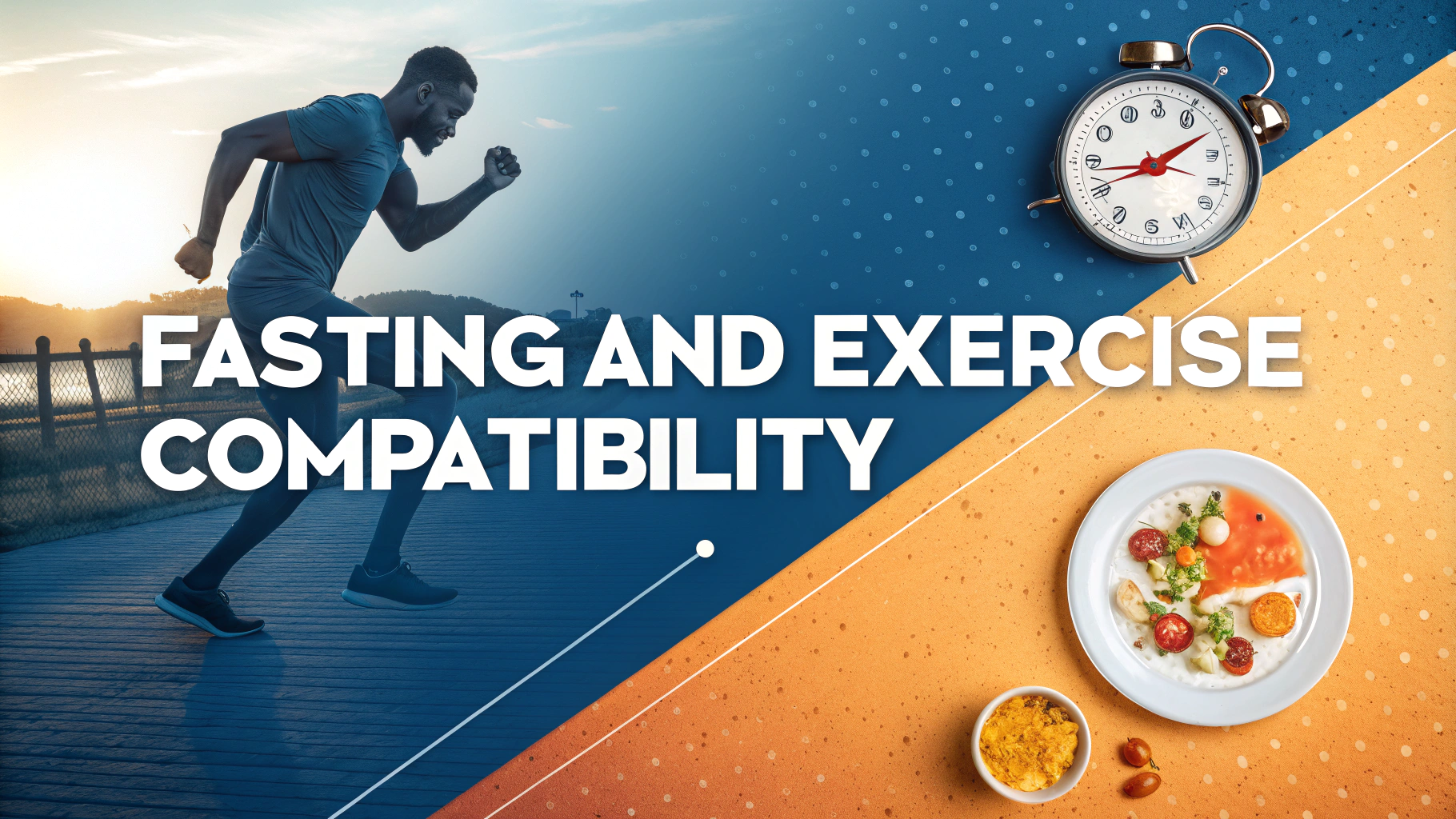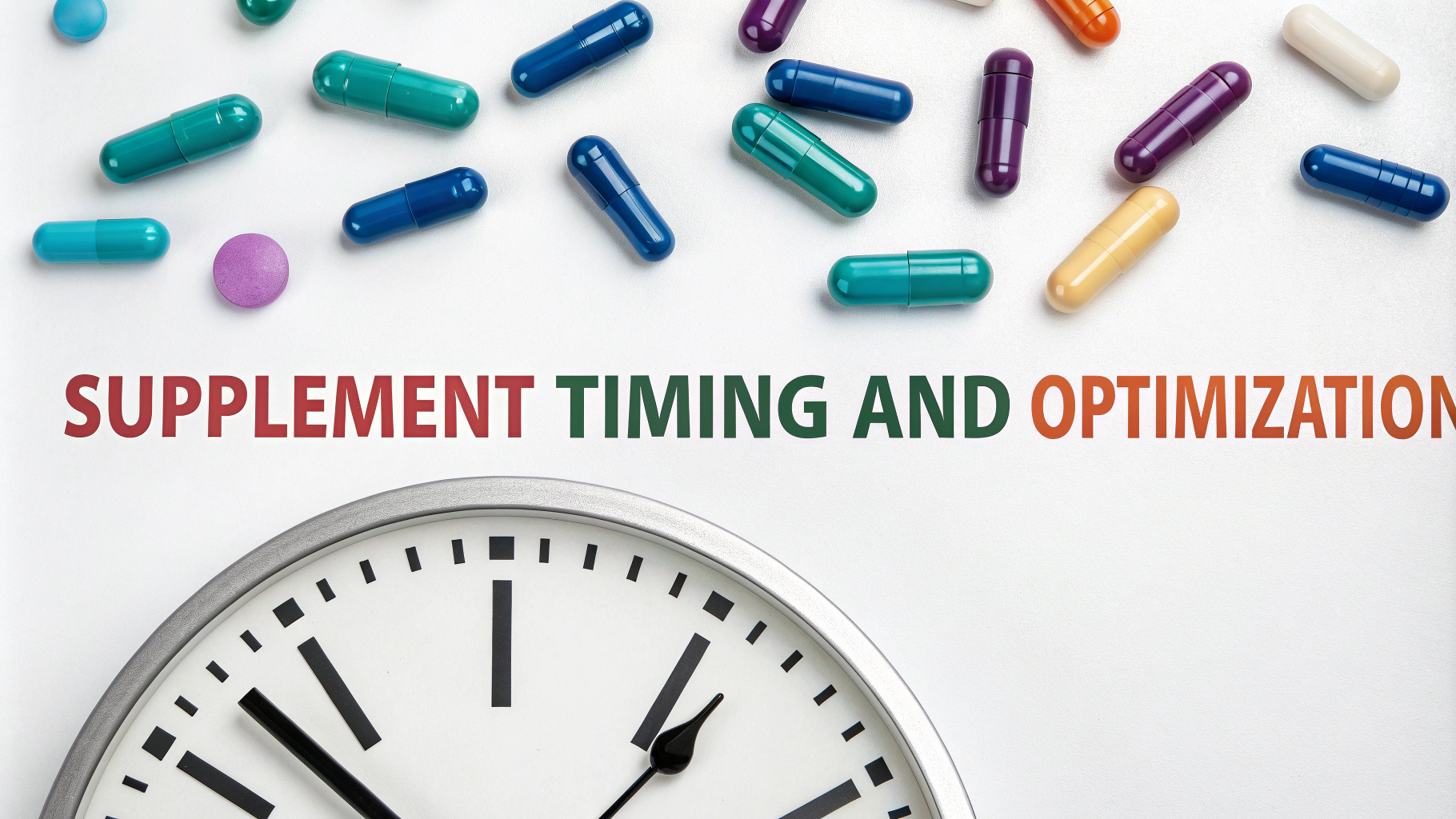Building mental resilience during your fitness journey can make the difference between achieving your goals and giving up when challenges arise.
Understanding Mental Resilience in Fitness
Mental resilience represents your ability to bounce back from setbacks, maintain motivation, and stay committed to your fitness goals despite obstacles.
Key Components of Mental Fitness
- Goal setting and visualization
- Positive self-talk
- Stress management
- Recovery mindset
- Adaptability
Practical Strategies to Build Mental Toughness
1. Set SMART Goals
Create goals that are Specific, Measurable, Achievable, Relevant, and Time-bound to maintain focus and track progress.
2. Practice Visualization
- Spend 5-10 minutes daily imagining successful workout completion
- Picture yourself overcoming specific challenges
- Visualize how you’ll feel after reaching your goals
3. Develop Positive Self-Talk
Replace negative thoughts with constructive ones using this simple framework:
| Instead of | Try |
|---|---|
| “I can’t lift this weight” | “I’m getting stronger each day” |
| “This workout is too hard” | “This challenge helps me grow” |
Recovery and Stress Management
- Sleep: Aim for 7-9 hours nightly
- Meditation: Start with 5 minutes daily
- Deep breathing: Practice box breathing (4 seconds inhale, hold, exhale, hold)
Building Support Systems
Connect with like-minded individuals through fitness communities, classes, or online groups.
Recommended Resources
- Headspace App for meditation (www.headspace.com)
- Strava for community support (www.strava.com)
- Local fitness meetups (www.meetup.com)
Tracking Progress
Keep a workout journal or use a fitness app to document both physical and mental progress.
What to Track
- Energy levels
- Mood before/after workouts
- Challenge overcome
- Recovery quality
Professional Support
Consider working with a sports psychologist or mental performance coach for personalized strategies.
Contact the Association for Applied Sport Psychology to find certified professionals: www.appliedsportpsych.org
Creating Sustainable Habits
Building mental resilience requires consistent practice and the development of sustainable habits that support both physical and mental growth.
Daily Practices
- Morning mindfulness routine
- Gratitude journaling
- Evening reflection
- Progress celebration
Overcoming Plateaus
Mental plateaus often accompany physical ones. Understanding how to navigate these challenges is crucial for long-term success.
Plateau-Breaking Strategies
- Vary workout routines
- Set new micro-goals
- Seek new challenges
- Reassess and adjust plans
Long-Term Sustainability
Focus on building a lifestyle that integrates both physical fitness and mental resilience practices for lasting results.
Key Elements
- Balance between challenge and recovery
- Regular skill assessment
- Community engagement
- Continuous learning
Conclusion
Mental resilience is as crucial as physical strength in your fitness journey. By implementing these strategies, tracking progress, and maintaining consistency, you’ll develop the mental toughness needed to achieve and surpass your fitness goals. Remember that building resilience is a journey, not a destination, and each challenge overcome makes you stronger both mentally and physically.
Start small, stay consistent, and celebrate your progress along the way. Your mental strength will become your greatest asset in achieving lasting fitness success.
FAQs
- How can I maintain mental resilience when I’m not seeing immediate results in my fitness journey?
Focus on non-scale victories, set realistic short-term goals, track progress through multiple metrics like strength gains or endurance improvements, and maintain a journal to document your journey. Remember that sustainable changes take time, typically 8-12 weeks for noticeable results. - What are effective strategies to overcome workout motivation slumps?
Establish a consistent routine, find an accountability partner, mix up your workout routine every 4-6 weeks, set specific and measurable goals, and reward yourself for achievements. Pre-planning workouts and preparing gear the night before also helps maintain momentum. - How does sleep quality affect mental resilience in fitness?
Quality sleep (7-9 hours) regulates stress hormones, enhances recovery, improves decision-making around food choices, and maintains emotional balance. Poor sleep can increase cortisol levels, reducing both mental and physical performance. - What role does nutrition play in maintaining mental strength during fitness challenges?
Proper nutrition, particularly adequate protein intake (0.8-1g per pound of body weight) and complex carbohydrates, stabilizes blood sugar levels, supports hormone balance, and provides sustained energy for both physical and mental resilience. - How can I bounce back mentally after a fitness setback or injury?
Focus on what you can do rather than limitations, work with healthcare professionals for proper recovery, maintain social connections in the fitness community, and use the time to learn about form and technique improvements. - What mindfulness techniques help build mental toughness during workouts?
Practice breathing exercises, body scanning during exercise, setting intention before workouts, using positive self-talk, and focusing on form and muscle engagement rather than discomfort. - How do I maintain mental resilience when dealing with fitness plateaus?
Reassess your program every 6-8 weeks, adjust variables like volume or intensity, track progress in different ways, and understand that plateaus are normal parts of any fitness journey that indicate adaptation. - What’s the relationship between stress management and fitness mental resilience?
Regular exercise reduces cortisol levels, but excessive training during high-stress periods can be counterproductive. Balance workout intensity with stress levels, and include recovery activities like yoga or meditation. - How can I develop a growth mindset for long-term fitness success?
View challenges as opportunities, focus on the learning process rather than just outcomes, celebrate small improvements, and regularly set new goals that align with your evolving capabilities. - What are effective ways to handle social pressure and maintain focus on fitness goals?
Communicate boundaries clearly, find like-minded individuals for support, prepare strategies for social situations, and remind yourself of your personal motivations and health priorities regularly.

